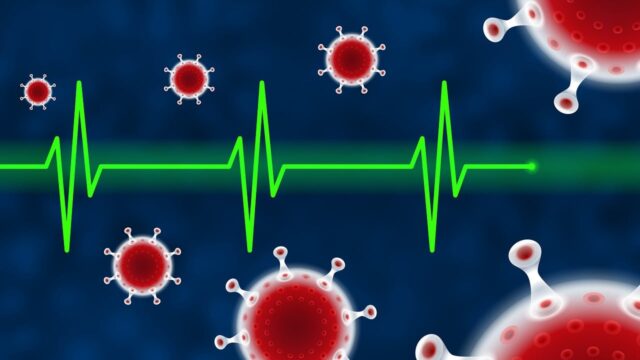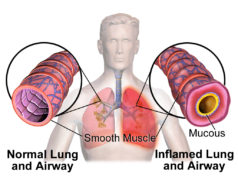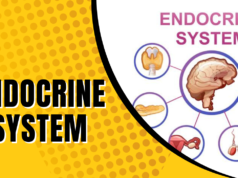Immune System
The immune system is a complex network of cells, tissues, and organs that work together to defend the body against harmful pathogens, such as bacteria, viruses, fungi, and parasites. Its primary function is to recognize and eliminate these foreign invaders while also distinguishing them from the body’s own healthy cells and tissues.

Components of the immune system include:
- White blood cells: The main cell types involved in the immune response are white blood cells, including neutrophils, lymphocytes (B cells and T cells), monocytes, eosinophils, and natural killer cells. Each type of white blood cell plays a specific role in detecting and destroying pathogens.
- Lymphoid organs: These include the bone marrow, thymus, lymph nodes, spleen, and tonsils. These organs are responsible for the production, maturation, and activation of immune cells.
- Antibodies: Antibodies, also known as immunoglobulins, are proteins produced by B cells. They recognize and bind to specific pathogens, marking them for destruction by other immune cells.
- Complement system: The complement system consists of a group of proteins that work together to enhance the immune response. They can directly kill pathogens, promote inflammation, and assist in the phagocytosis of foreign substances.
- Lymphatic system: The lymphatic system is a network of vessels that carries lymph, a fluid containing immune cells and waste products, throughout the body. It helps circulate immune cells and facilitates the removal of toxins and pathogens from tissues.
- Inflammatory response: Inflammation is a localized protective response triggered by tissue injury or infection. It involves increased blood flow to the affected area, migration of immune cells, and the release of chemical signals that promote healing and destroy pathogens.
The immune system can be divided into two main branches: the innate immune system and the adaptive immune system.
- Innate immune system: The innate immune system is the body’s first line of defense. It provides immediate, nonspecific protection against a wide range of pathogens. It includes physical barriers (e.g., skin), chemical barriers (e.g., stomach acid), and various immune cells that can quickly respond to pathogens.
- Adaptive immune system: The adaptive immune system is a more specialized defense mechanism that develops over time. It has the ability to recognize specific pathogens and mount a targeted response. This system involves the activation of B cells and T cells, which can generate a memory of the pathogen, leading to a faster and more effective response upon re-exposure.
Overall, the immune system is crucial for maintaining the body’s health and protecting it from infections and diseases. Various factors, such as genetics, nutrition, lifestyle, and environmental factors, can influence the immune system’s function and response to pathogens.











